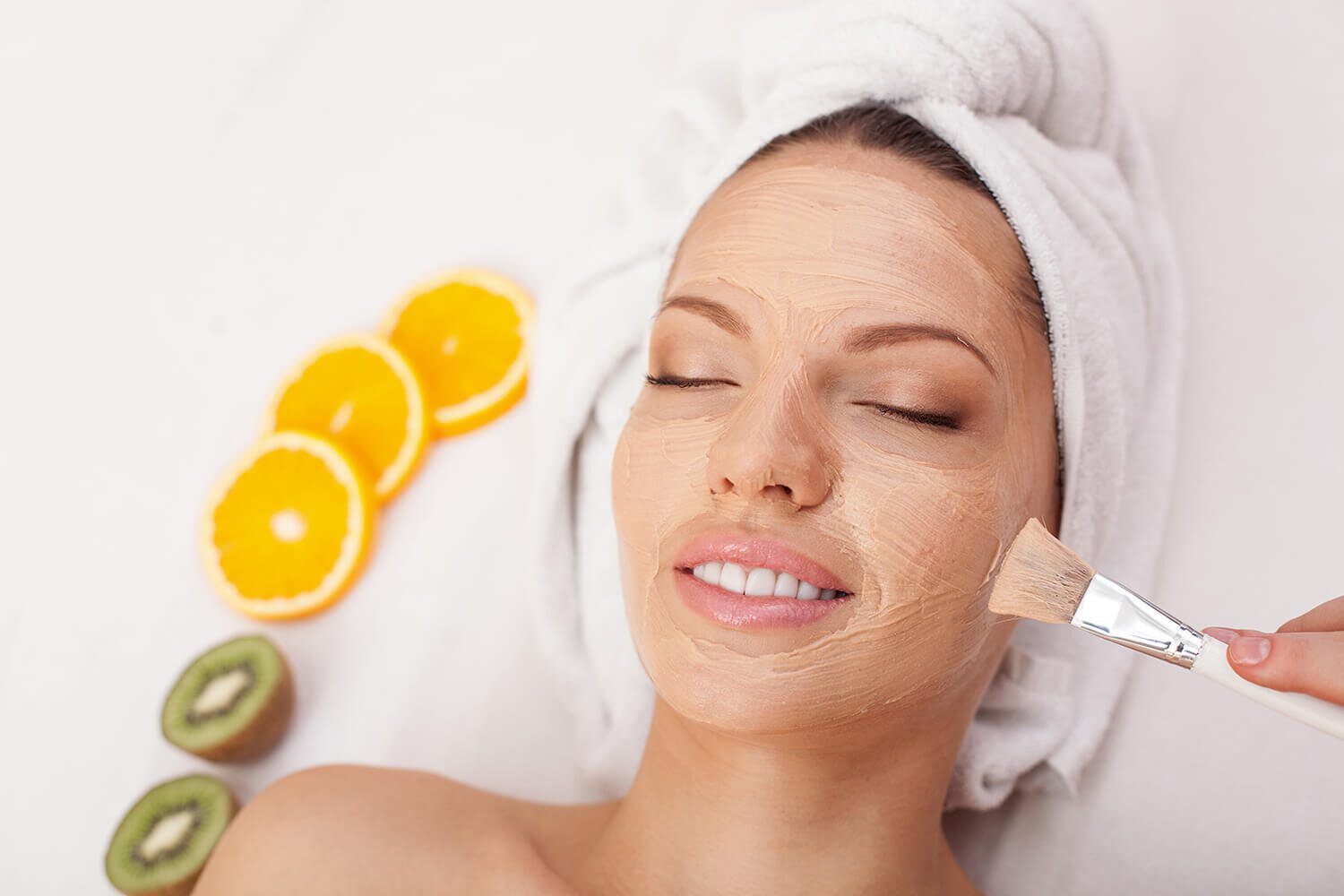Important Points:
- Introduction
- Understanding Oily Skin
- Common Problems Faced by People with Oily Skin
- The Importance of Choosing the Right Skincare Products
- Best Ingredients for Oily Skin
- How to Incorporate These Ingredients into Your Skincare Routine
- DIY Oily Skin Remedies
- Mistakes to Avoid When Dealing with Oily Skin
- The Role of Diet in Oily Skin
- Sun Protection for Oily Skin
- Conclusion
Oily skin can be a real challenge, but with the right ingredients in your skincare arsenal, it becomes more manageable. In this article, we’ll explore the best ingredients for oily skin and how to incorporate them into your routine effectively.
Understanding Oily Skin
Before delving into the best ingredients, let’s understand what oily skin is. Oily skin is characterized by excess sebum production, which can lead to a shiny complexion, enlarged pores, and sometimes, acne breakouts. It’s essential to choose skincare products that help regulate sebum production without over-drying the skin.
Common Problems Faced by People with Oily Skin
People with oily skin often face common problems like acne, blackheads, and an overall greasy appearance. These issues can affect one’s self-esteem and confidence. The right skincare routine can significantly alleviate these problems.
The Importance of Choosing the Right Skincare Products
Selecting the right skincare products is critical for people with oily skin. The wrong products can exacerbate the issues, while the right ones can make a world of difference. Look for products that are labeled “non-comedogenic” and “oil-free.”
Best Ingredients for Oily Skin
1. Salicylic Acid
Salicylic acid is a powerhouse ingredient for oily skin. It penetrates the pores, exfoliates dead skin cells, and helps prevent acne. You can find salicylic acid in cleansers, toners, and spot treatments.
2. Niacinamide
Niacinamide, also known as vitamin B3, is excellent for regulating sebum production. It helps to balance the skin’s oil levels and reduce redness. Incorporate niacinamide in your serums or moisturizers.
3. Witch Hazel
Witch hazel is a natural astringent that helps tighten the skin’s pores. It’s often found in toners and can help control excess oil.
4. Tea Tree Oil
Tea tree oil has natural antibacterial properties, making it great for treating acne and controlling oil. Be cautious with its concentration, as it can be strong on the skin.
5. Charcoal
Charcoal is known for its ability to draw out impurities and excess oil from the skin. You can find charcoal masks and cleansers.
6. Clay
Clay masks, especially those with kaolin or bentonite clay, can absorb excess oil and provide a matte finish. Use them once a week for best results.
How to Incorporate These Ingredients into Your Skincare Routine
Incorporating these ingredients into your skincare routine is essential for managing oily skin. Start with a gentle cleanser, followed by a toner with witch hazel and a serum with niacinamide. Use salicylic acid as a spot treatment for breakouts. Once or twice a week, try a charcoal mask or clay mask.
DIY Oily Skin Remedies
If you prefer a natural approach, you can create DIY remedies using ingredients like aloe vera, honey, and yogurt. These can help control oil and maintain healthy skin.
Mistakes to Avoid When Dealing with Oily Skin
Some common mistakes people make when dealing with oily skin include over-cleansing, skipping moisturizer, and using harsh products. Avoid these pitfalls for a balanced routine.
The Role of Diet in Oily Skin
Diet plays a role in skin health. Cutting down on sugary, high-glycemic foods and incorporating more fruits, vegetables, and water can positively impact oily skin.
Sun Protection for Oily Skin
Don’t skip sunscreen. Opt for oil-free and non-comedogenic sunscreens to protect your skin from UV damage.
Conclusion
Dealing with oily skin can be a challenge, but with the right ingredients and a proper skincare routine, you can manage it effectively. Experiment with the recommended ingredients to find what works best for your skin type and enjoy a healthier, more confident complexion.
FAQs
1. Can oily skin be prevented?
Oily skin can’t be prevented, but it can be managed with the right skincare routine and lifestyle choices.
2. How often should I cleanse my oily skin?
Cleansing twice a day, in the morning and before bedtime, is usually sufficient for oily skin.
3. What’s the best moisturizer for oily skin?
Look for oil-free, non-comedogenic moisturizers that won’t clog your pores.
4. Is it essential to consult a dermatologist for oily skin?
If your oily skin concerns are severe or persistent, consulting a dermatologist is advisable for personalized advice.
5. Can oily skin turn into dry skin?
Oily skin can become less oily with age, but it doesn’t typically turn into dry skin. Skin type is largely genetic.


Leave a comment
Your email address will not be published. Required fields are marked *